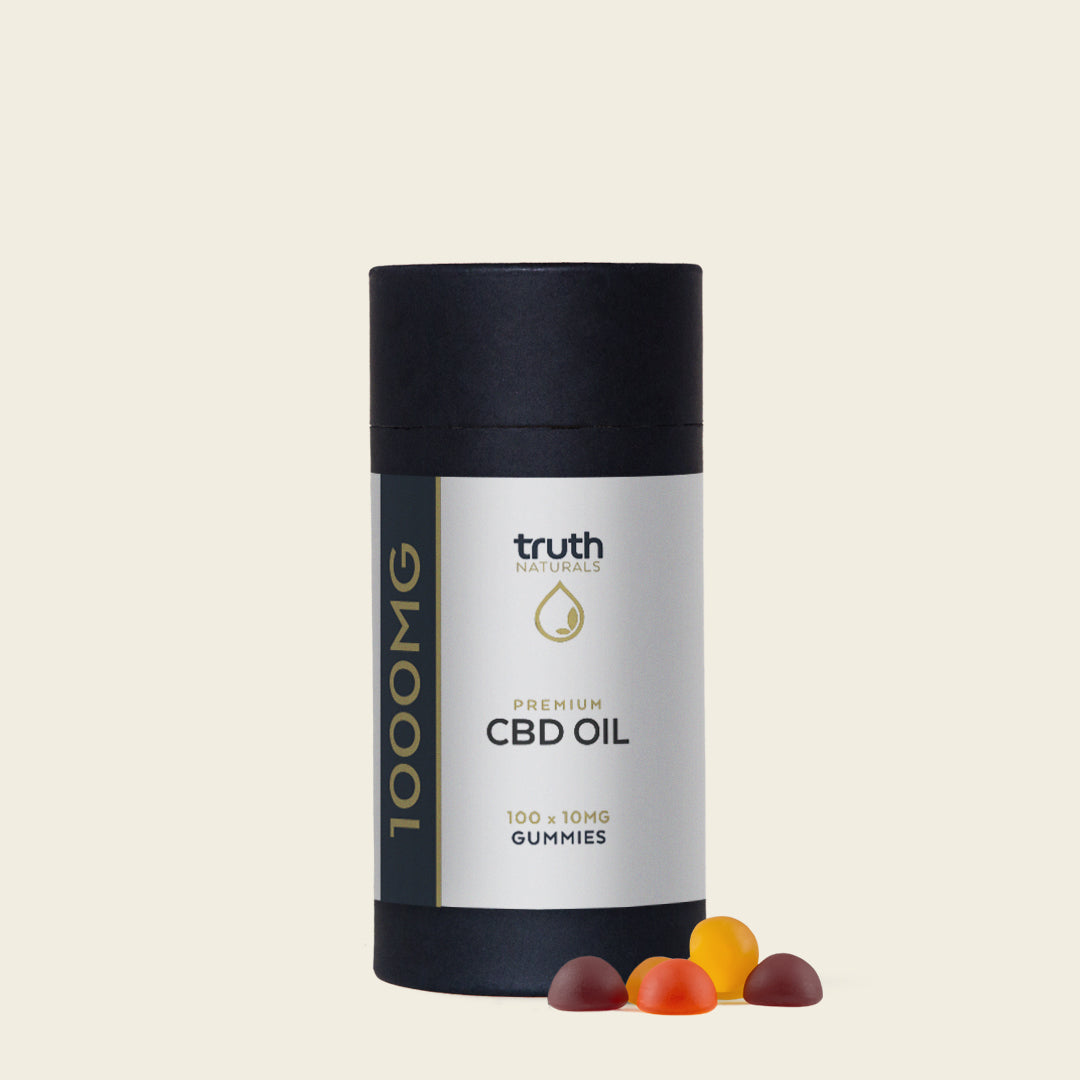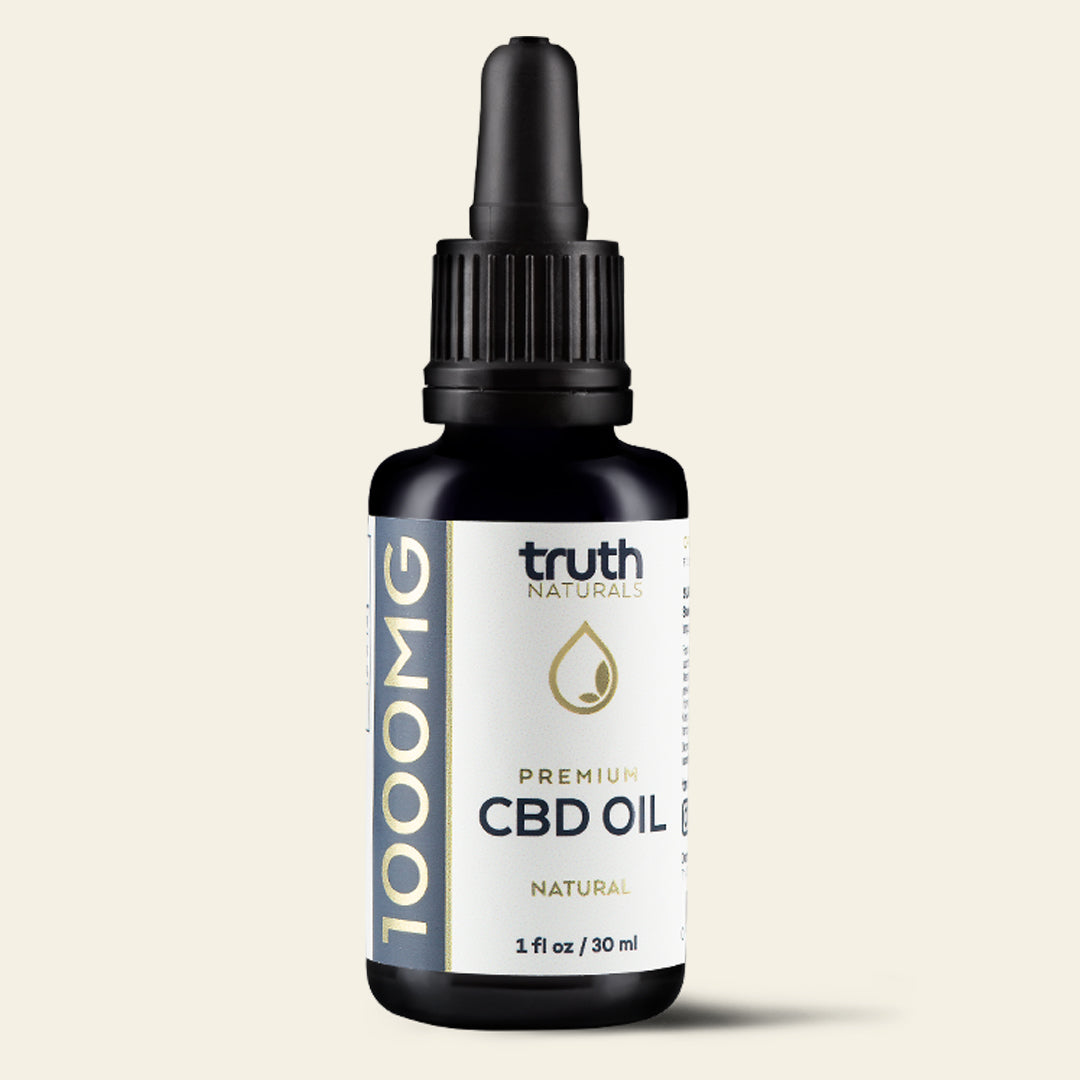The magic of breathwork for stress
BLOG BY REBEKAH. C
How can we use our breath to help with our emotions?
Breathing is a crucial part of life, but it’s also something we frequently overlook. As something your body does automatically, taking a breath doesn’t seem like a powerful act. However, as many people discover through meditation, yoga, and even therapy, the right breathing techniques are more valuable than they seem. There’s a reason people often tell you to “take a breath” when you’re upset, overwhelmed, or angry. The simple act of slowly inhaling and exhaling can slow your heart rate, reduce cortisol and adrenaline levels, and even help you process thoughts more rationally. Today we’re going to explore the real magic of breathwork, and how you can use it to control your emotions – no matter how paralysing they may feel.
Is there a right way to breathe?
Breathing is an interesting bodily function because it’s a typically unconscious action that you can take conscious control of. You can’t simply decide to adjust most automatic functions, like speeding up your digestion system or slowing your blood flow. However, if you pay mindful attention to your breathing, you can use it to your advantage. The ability to control our breathing is valuable because most of us aren’t making the most of each breath subconsciously.
Compare a baby breathing, drawing huge amounts of air into their lungs, and exhaling naturally, to most adults’ everyday breathing. Most of us are “thoracic” breathers, which means we take shallow breaths, minimise our air intake, and often hold our breath more often than we should. There are a lot of reasons for this, such as social pressures, making us think we need to hold our breath to make our stomachs look flatter. However, long-term shallow breathing can seriously impact your health. Studies show our breathing has a direct impact on the central nervous system [1]. When we constantly engage in shallow breathing, we’re more susceptible to feelings of tension, stress, and even panic attacks. Shallow breaths also create tension in various parts of the body, leading to headaches, neck and shoulder tension, back pain, and an increased risk of injury.
The benefits of breathing correctly
full, diaphragmatic breathing lowers blood pressure, reduces your heart rate, relaxes the muscles, and increases energy levels. Researchers even believe there’s a link between deep nasal breathing and better cognitive function [2]. Engaging in full breathing exercises has a host of health benefits. It improves your access to oxygen, which leads to healthier tissues and cells, and a stronger immune system. Better breathing calms anxiety and helps us to tackle uncertain situations, by signalling the brain to let go of stress. It also helps us to sleep more easily, which improves our mental and physical health significantly.
Deep breathing also improves the performance of virtually every organ in the body. When your digestive system has more oxygen, it can perform better, reducing constipation, indigestion, and other issues. When your heart has access to plenty of oxygen, it performs better too, reducing your chances of stroke and heart disease. Plus, deep breathing lowers blood pressure to protect the heart further.
The benefits of breathing correctly
full, diaphragmatic breathing lowers blood pressure, reduces your heart rate, relaxes the muscles, and increases energy levels. Researchers even believe there’s a link between deep nasal breathing and better cognitive function [2]. Engaging in full breathing exercises has a host of health benefits. It improves your access to oxygen, which leads to healthier tissues and cells, and a stronger immune system. Better breathing calms anxiety and helps us to tackle uncertain situations, by signalling the brain to let go of stress. It also helps us to sleep more easily, which improves our mental and physical health significantly.
Deep breathing also improves the performance of virtually every organ in the body. When your digestive system has more oxygen, it can perform better, reducing constipation, indigestion, and other issues. When your heart has access to plenty of oxygen, it performs better too, reducing your chances of stroke and heart disease. Plus, deep breathing lowers blood pressure to protect the heart further.
3 quick breathing exercises you can do anywhere
The “right” way to breathe in most cases is simple enough. Start by evaluating your posture, and make sure your spine is straight. This opens the lungs and allows air to circulate more naturally. Next, be more mindful of the air you move in and out of your body. Allow the air to fill your stomach and chest when you inhale. When you exhale, expel all the carbon dioxide you don’t need.
If you’re currently feeling particularly stressed, shallow breathing will increase your anxiety levels [3]. Finding a safe space where you can take a moment to calm down can help get you back on track. Find a relaxing, out-of-the-way area and practice one of these exercises.
#1 Belly breathing
Find a comfortable, quiet place to sit, and place one hand on your belly (just below your ribcage), and the other on your upper chest. Relax fully (don’t try to hold your stomach in), and breathe slowly in through your nose. Feel for your stomach rising and falling with your hand. Exhale slowly through slightly pursed lips, keeping the hand on your chest still. This strategy works best when you have around ten to thirty minutes to work on it, but even 5 minutes can help you calm down during a stressful work situation.
#2 Box breathing
Box breathing, sometimes known as four-square breathing is quite simple to practice, and you can do it anywhere. Start by finding your comfortable place, then exhale slowly to the count of four. Hold your position with your lungs empty for another four seconds (if you can), then inhale again, counting to four as you do. With your lungs full of air, hold the position for four seconds, then start again. If you struggle with the four-second counts, you can start with 3 instead.
#3 The 4-7-8 breathing
Otherwise known as “the relaxing breath”, the 4-7-8 breathing exercise is a natural tranquillizer for the nervous system. Ideally, it’s best to perform the exercise seated with your back straight. Once you become more familiar with the exercise, you can perform it anywhere – even when lying in bed. Start by placing the tip of your tongue against the ridge of tissue behind your front teeth at the top of your mouth. Exhale using your month, so it makes a “whoosh” sound. With your mouth closed, inhale through your nose, counting to four. Hold your breath for seven seconds, then exhale completely again, making the "whoosh" sound to the count of eight.
Discover the magic of breathwork
Learning how to manage your breathing in a controlled way can make a real difference to your stress levels and help you to relax; explore Truth Naturals for more guidance on relaxation! It takes a little practice to master your breathwork, but with time, you’ll get there. In the meantime, make sure you check out these books on breathwork.
- James Nestor, Breath
- Jennifer Patterson, The Power of Breathwork
- Rebecca Dennis, Let it Go
References
[1} https://www.ncbi.nlm.nih.gov/pmc/articles/PMC6070065/
{2}https://www.ncbi.nlm.nih.gov/pmc/articles/PMC5107920/#:~:text=Paced%20deep%20breathing%20practices%2C%20a,of%20motor%20memories%2C%20remain%20unknown.
{3} https://my.clevelandclinic.org/health/diseases/17536-syncope









